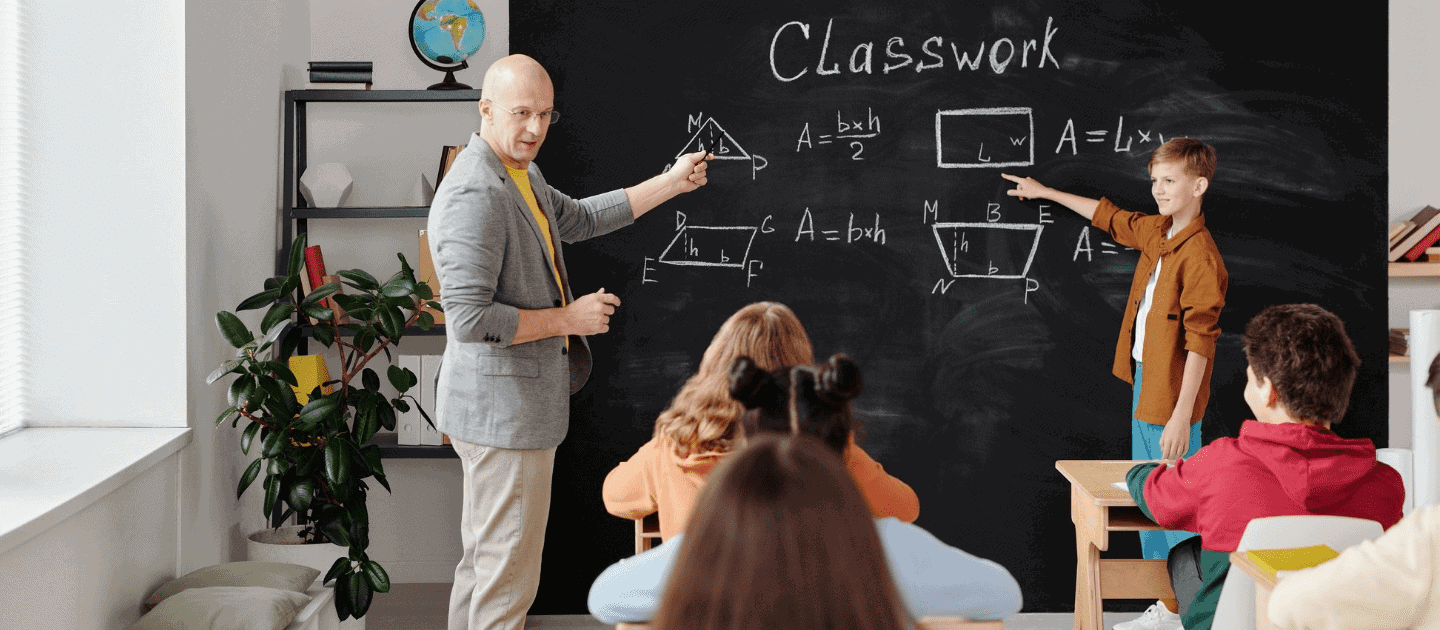
The Moderating Role of Transformational Leadership on Instructional Leadership Professional Learning
Teacher attitudes, beliefs, and perceptions are critical in how they have the potential to contribute to or reduce educational inequalities.
25 Jan 2025

